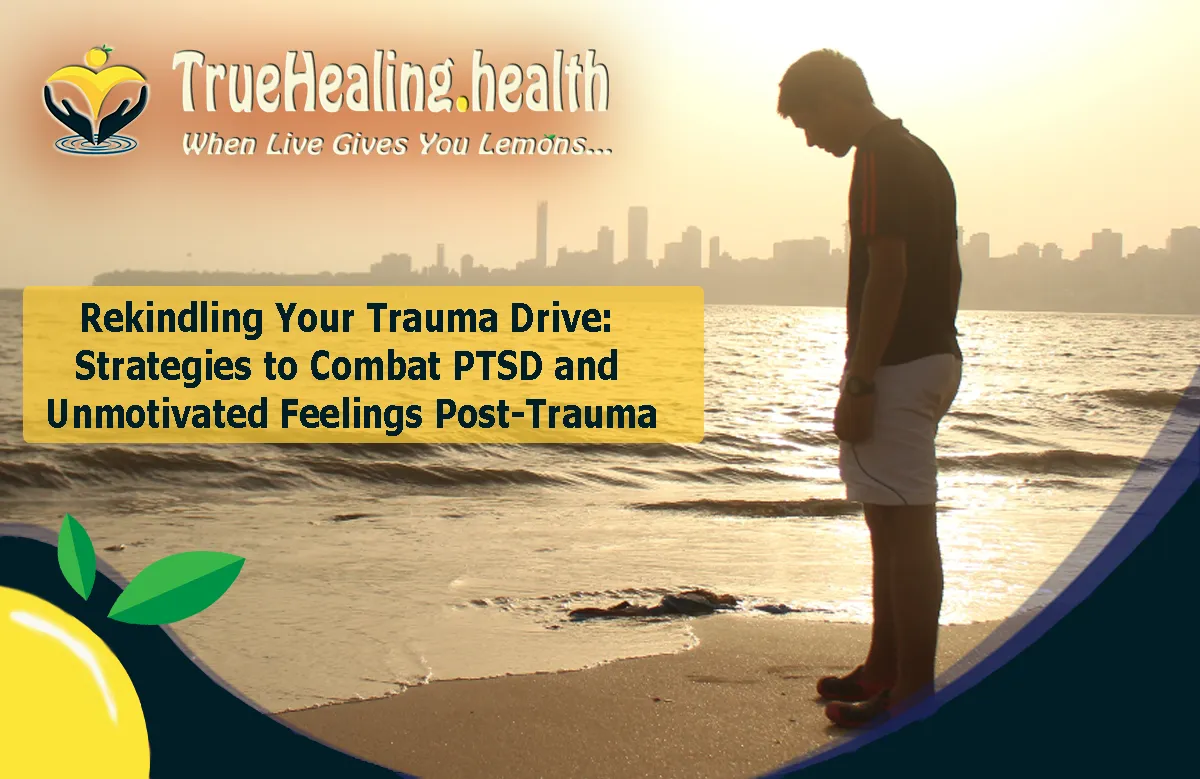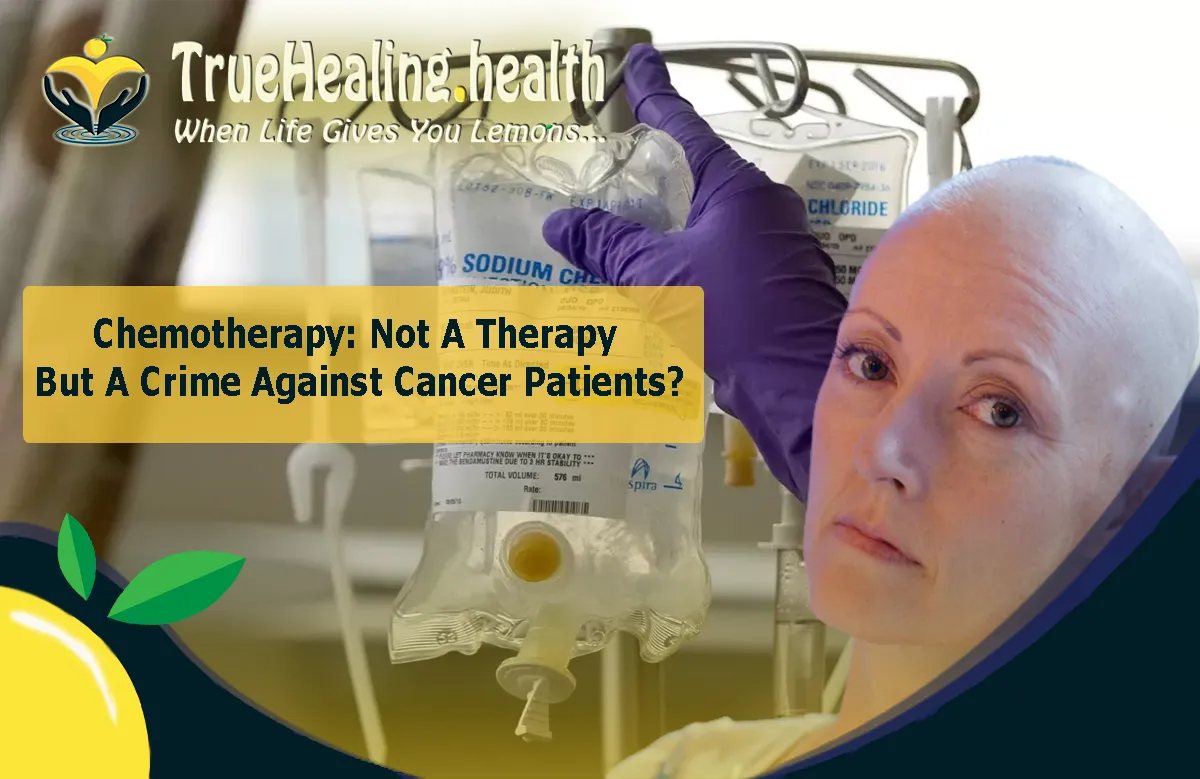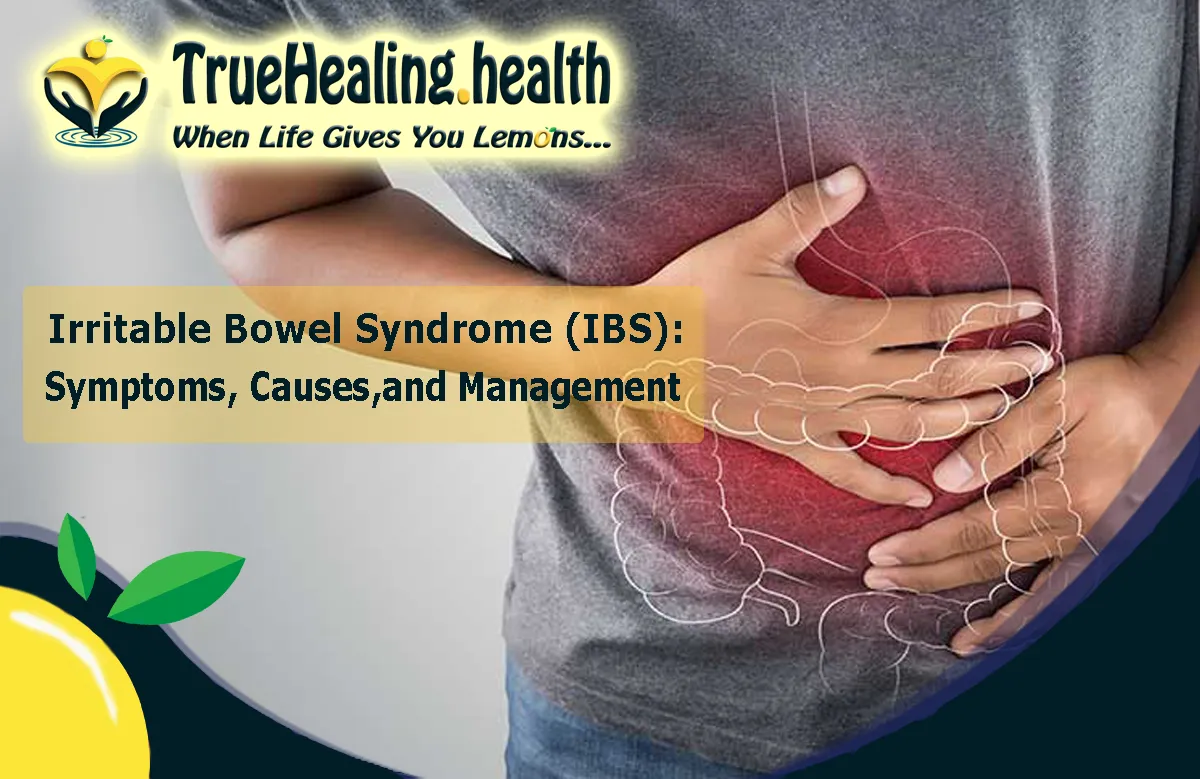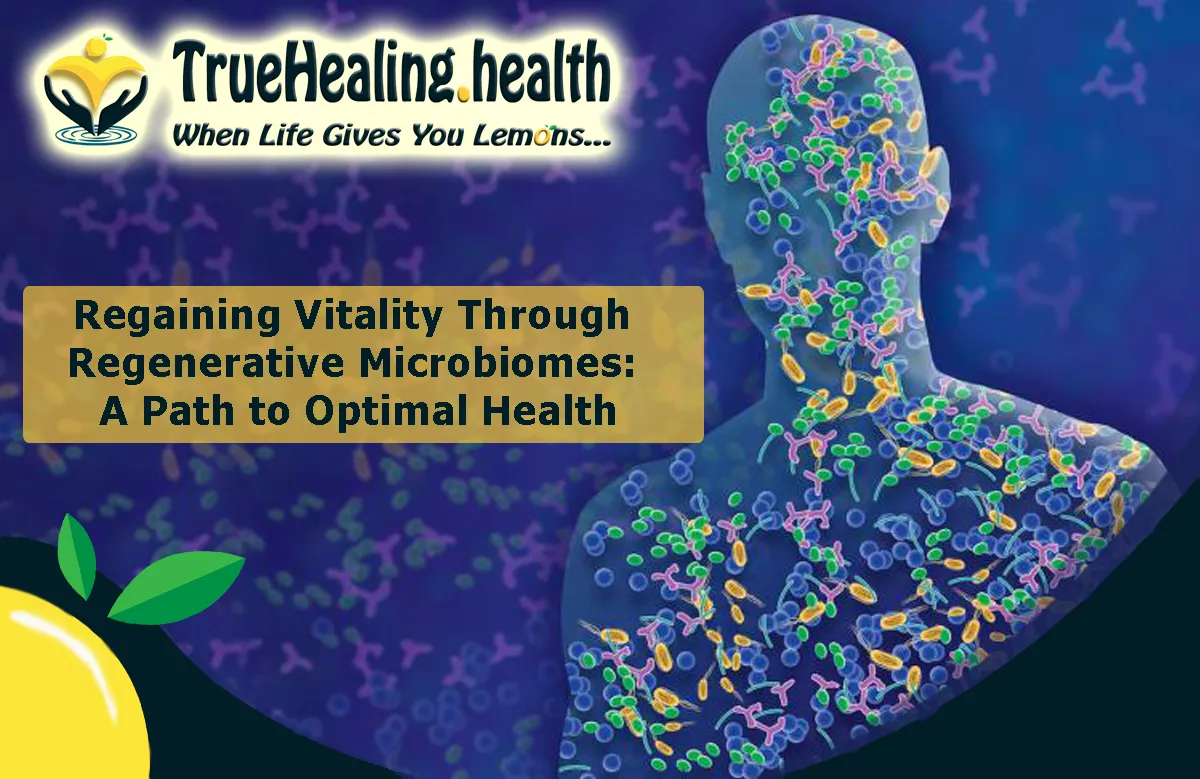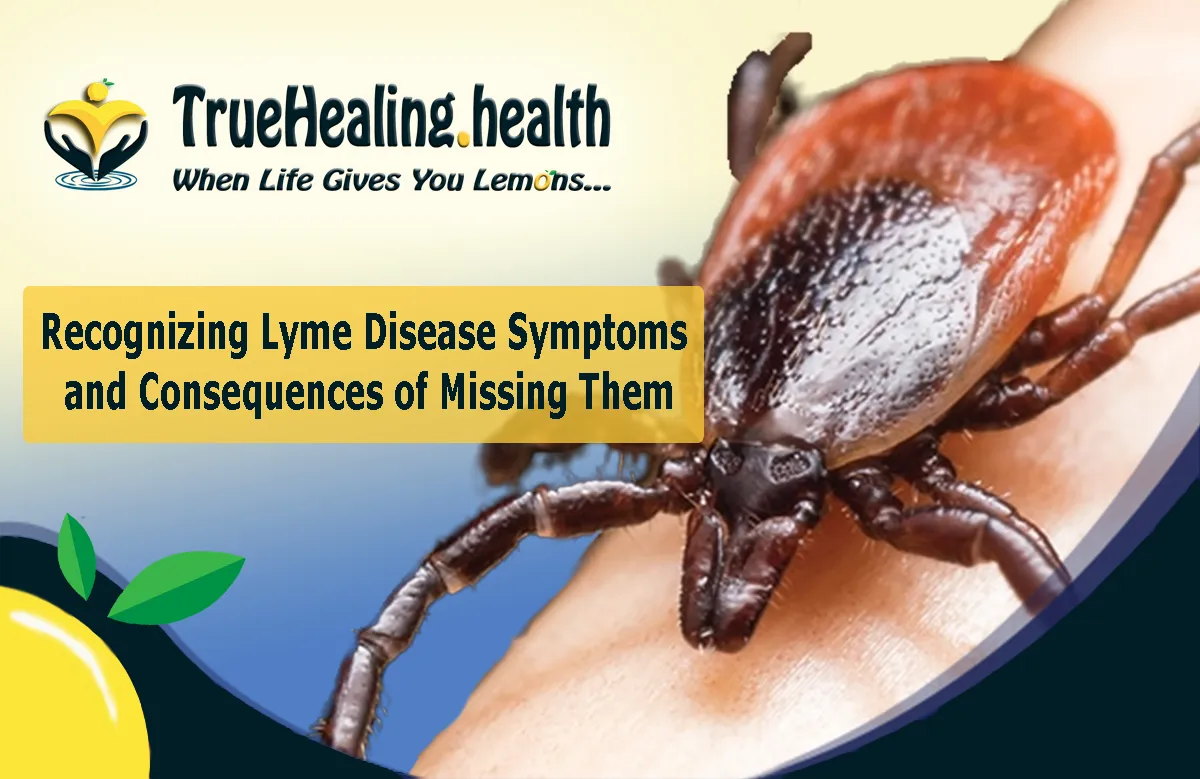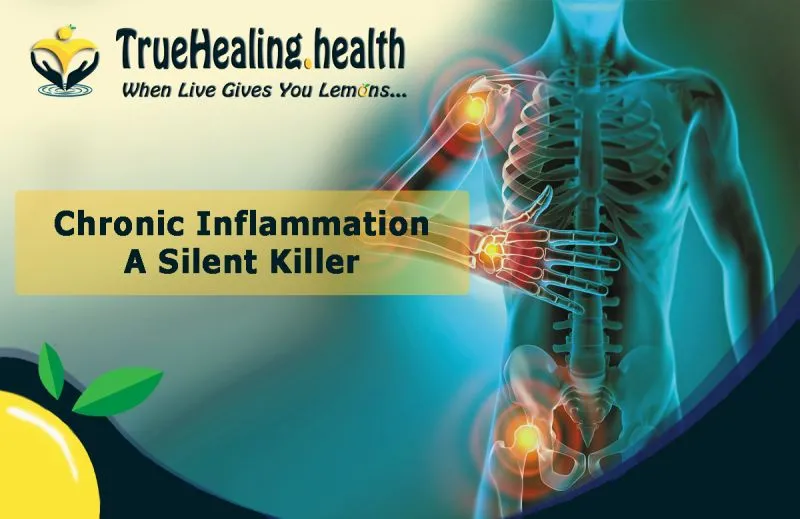Rekindling Your Trauma Drive: Strategies to Combat PTSD and Unmotivated Feelings Post-Trauma
Traumatic events, a term for a wide array of experiences ranging from physical violence to emotional distress, can disrupt our very psychological makeup, leaving us feeling different and struggling with motivation. The purpose of this article is not just to explore the cognitive and affective processes involved in goal-directed behavior but also to provide a beacon of hope for those feeling lazy and unmotivated following traumatic experiences. Whether it's combat-related trauma or the anguish of car accidents, our bodies respond to a traumatic situation with a natural protective mechanism known as trauma drive, which affects our motivation profoundly.
This article is a crucial read for anyone seeking to understand trauma and its complex interplay with our ability to motivate ourselves. From those with post-traumatic stress disorder (PTSD) who find themselves busy with chores yet unable to tackle a meaningful to-do list to survivors grappling with dissociation and pervasive stress response, the insights here pave the way for renewed personal growth. By learning why experiencing a traumatic event can cause trauma to develop or why uncontrollable traumatic events may result in learned helplessness, readers can start to regain a sense of control over their lives and find motivation once again.
We'll delve into why trauma can leave you feeling perpetually stuck in the restful healing stage and how this impacts your drive. You'll discover actionable strategies to help you re-experience life optimally, armed with the necessary knowledge and tools to promote motivational deficits and rekindle the competency required to succeed in specific situations. This guide is an essential roadmap for those ready to begin a transformative journey and reclaim their self-worth. So if you're seeking a feel-good turning point after being immobilized by past events, read on to learn how you can ignite your inner drive and take that first powerful step toward recovery.
Content List
- Trauma and its Impact on Motivation
- Understanding the Effects of Trauma on Motivation
- How Does PTSD Affect Motivation?
- The Role of Trauma Drive in Motivation
- Dealing with Unmotivated Feelings After Trauma
- Childhood Trauma and Lack of Motivation
- Exploring the Link Between Childhood Trauma and Motivational Challenges
- Recognizing the Influence of C-PTSD on Motivation
- Fatigue and its Impact on Motivation in Trauma Survivors
- Navigating the Restful Healing Stage and its Influence on Motivation
- Overcoming Lack of Motivation after Trauma
- Developing Self-Efficacy in the Aftermath of Trauma
- Understanding the Role of Locus of Control in Restoring Motivation
- Addressing Avoidance Behaviors and Their Impact on Motivation
- Adopting Trauma-Informed Approaches to Rebuild Motivation
- Conclusion
- Key points to remember
- References
Now, let's delve into each of these sections to gain a comprehensive understanding of the impact of trauma on motivation and the strategies for overcoming the associated challenges.
Trauma and its Impact on Motivation
Trauma, whether stemming from a single distressing event or prolonged exposure to adverse experiences, can significantly disrupt an individual's motivation and drive. The aftermath of trauma often manifests as a complex interplay of emotional, cognitive, and behavioral changes that can profoundly impact an individual's motivation to engage in goal-directed activities and pursue personal growth.
Understanding the Effects of Trauma on Motivation
Research has shown that trauma, particularly post-traumatic stress disorder (PTSD), can lead to a notable decline in motivation, often accompanied by symptoms such as avoidance, re-experiencing traumatic events, and emotional regulation challenges. The persistent impact of trauma on an individual's psychological makeup can result in a loss of self-worth and a diminished sense of competency, contributing to a pervasive lack of motivation.
How Does PTSD Affect Motivation?
In the context of PTSD, the effects of trauma on motivation are multifaceted. Individuals grappling with PTSD may experience intrusive memories, mood swings, and a heightened stress response, all of which can significantly impede their ability to motivate themselves [[9†source]]. The persistent place of fear and the need to slow down and process traumatic experiences can further exacerbate the challenges associated with motivation.
The Role of Trauma Drive in Motivation
Trauma drive, a term used to describe the body's way of protecting itself following traumatic events, can play a pivotal role in shaping an individual's motivation and drive. The development of trauma drive is a complex process influenced by the nature of the trauma experienced and the individual's emotional and cognitive responses to the traumatic events.
Dealing with Unmotivated Feelings After Trauma
Feelings of being unmotivated after trauma are not uncommon. Trauma survivors may find themselves struggling with a sense of emotional detachment, a lack of interest in previously enjoyable activities, and challenges in initiating and sustaining goal-directed behaviors. These unmotivated feelings can be attributed to the psychological and physiological impact of trauma on the individual's overall well-being.
Childhood Trauma and Lack of Motivation
The link between childhood trauma and motivational challenges is a critical area of exploration. Individuals who have experienced childhood trauma may carry the enduring effects of these experiences into adulthood, manifesting as a persistent lack of motivation and difficulties in setting and pursuing meaningful goals.
Exploring the Link Between Childhood Trauma and Motivational Challenges
The enduring impact of childhood trauma on an individual's motivation can be profound. The cognitive and affective processes involved in goal-directed behavior may be significantly influenced by the adverse experiences of childhood trauma, leading to a pervasive lack of motivation and a diminished sense of self-efficacy.
Recognizing the Influence of C-PTSD on Motivation
Complex PTSD (C-PTSD), which often arises from prolonged exposure to traumatic events, can exert a profound influence on an individual's motivation and drive. The symptoms of C-PTSD, including emotional dysregulation, dissociation, and challenges in interpersonal relationships, can significantly impede an individual's ability to motivate themselves and engage in goal-directed behaviors.
Fatigue and its Impact on Motivation in Trauma Survivors
The fatigue experienced by trauma survivors can further exacerbate the challenges associated with motivation. The enormous toll that trauma takes on an individual's mind, body, and soul can lead to profound fatigue, sapping any motivating energy source and making it challenging to engage in healing actions.
Navigating the Restful Healing Stage and its Influence on Motivation
The restful healing stage, a critical phase in the recovery journey following trauma, can significantly influence an individual's motivation. Engaging with the brain's unique mechanisms and fostering a sense of reserve energy to motivate oneself into healing actions is essential during this phase.
Overcoming Lack of Motivation after Trauma
Rebuilding motivation after trauma is a multifaceted process that involves developing self-efficacy, understanding the role of locus of control in restoring motivation, and addressing avoidance behaviors that may impede progress [[14†source]]. Adopting trauma-informed approaches and recognizing the unique individual competencies are essential to rebuilding motivation and fostering personal growth.
Developing Self-Efficacy in the Aftermath of Trauma
Developing self-efficacy, or belief in one's ability to succeed in specific situations or accomplish tasks, is crucial to rebuilding motivation after trauma. Cultivating a sense of self-worth and competency can empower individuals to take proactive steps toward restoring their motivation and pursuing meaningful goals.
Understanding the Role of Locus of Control in Restoring Motivation
Locus of control, or the degree to which individuals believe they have control over the outcome of events in their lives, plays a pivotal role in restoring motivation after trauma. Recognizing the influence of internal and external forces on one's life and fostering a sense of agency can contribute to rebuilding motivation and drive.
Addressing Avoidance Behaviors and Their Impact on Motivation
Addressing avoidance behaviors, which often emerge as a coping mechanism in the aftermath of trauma, is essential for restoring motivation. By confronting avoidance and gradually engaging with goal-directed behaviors, individuals can take significant strides toward rebuilding their motivation and pursuing personal growth.
Adopting Trauma-Informed Approaches to Rebuild Motivation
Adopting trauma-informed approaches that recognize unique individual competencies and foster a true therapeutic relationship with trauma survivors is essential for rebuilding motivation. By tailoring interventions to the specific needs and experiences of individuals, practitioners can effectively support the change process and facilitate the restoration of motivation.
Conclusion
In summary, the journey of overcoming the lackluster drive after a traumatic experience is one of resilience and self-discovery. Through understanding the complex trauma that alters our neurobiology and psychological makeup, we can begin to reclaim our motivation and foster personal growth.
It's crucial to acknowledge the cognitive and affective processes affected by trauma and to consider therapies like cognitive behavioral therapy that can address symptoms of PTSD and promote motivational deficits. Recognizing the body’s way of protecting itself through trauma drive and finding motivation amid the aftermath are keys to restoration.
Combat-related stress, car accidents, or any uncontrollable traumatic events may result in learned helplessness, yet with the right support and strategies, individuals can move from feeling lazy and unmotivated to being ready to begin a new chapter. By reframing our locus of control, developing our competency, and engaging in goal setting, we can feel good again, heal optimally, and awaken a drive that was once dulled by the shadows of past trauma.
Key points to remember:
- Trauma's Persistent Influence: Traumatic experiences, whether from natural disasters, combat-related events, or physical violence, leave an indelible mark on cognition and can hinder one's drive.
- Understanding Trauma Drive: The body and mind work in tandem to develop a trauma drive as a response to stress; this natural response can impact both goal setting and daily motivation.
- The Complexity of PTSD: Symptoms of PTSD, such as mood swings, intrusive memories, and a heightened stress response, can significantly disrupt an individual's energy for motivation.
- Addressing Learned Helplessness: Traumatic uncontrollable events may result in learned helplessness, but cognitive behavioral therapy can help reverse this condition.
- Self-Efficacy and Motivation: Fostering a sense of self-worth and competency is crucial for trauma survivors to overcome the challenges posed by past trauma and complex trauma.
- Role of Cognitive Processes: Cognitive and affective processes involved in goal-directed behavior can be deeply affected by trauma, necessitating tailored interventions.
- Impact of Emotional Regulation: Effective emotional regulation strategies are essential for managing the stress response and re-experiencing symptoms associated with PTSD.
- The Need for Trauma-Informed Care: Trauma-informed approaches can significantly aid in understanding and addressing the changes in motivation post-trauma.
- The Healing Power of Agency: Establishing a sense of control over events in their lives, or locus of control, trauma survivors can better navigate the restful healing stage.
- Group Therapy and Support: Group therapy can provide a sense of community and shared experience, essential for rebuilding their drive and moving forward.
Reference List:
- "The Overlooked Relationship Between Motivational Abilities and Posttraumatic Stress: A Review" | PMC
- "How Does Trauma Affect Motivation?" | Arizona Trauma Institute
- "How Does Trauma Cause Someone To Be Lazy or Unmotivated?" | Dr. Betsy Usher
- "How Trauma Drive Affects Your Life and Motivation" | Well+Good
- "How to Gain the Motivation to Do Anything After Trauma?" | MindCare US
- "'Trauma Drive' May Be the Reason You're Feeling Unproductive" | Apartment Therapy
- "Get Your Brain Motivated to Recover From PTSD" | HealthyPlace
- "Complex PTSD: Symptoms, Causes, and Treatment" | FHE Health
- "9 Tips for Staying Motivated on Your Trauma-Informed Journey" | PACEsConnection
- "Trauma Drive Could Be Why You're Unmotivated: Here's How to Handle It" | Glam
Hashtags:
#Trauma #PTSD #TraumaRecovery #HealingJourney #TraumaDrive #OvercomingTrauma #MentalHealth #TraumaInformed #Resilience #TraumaHealing #Psychology #EmotionalWellness #PostTraumaticGrowth #SelfCare #MotivationAfterTrauma #truehealing



